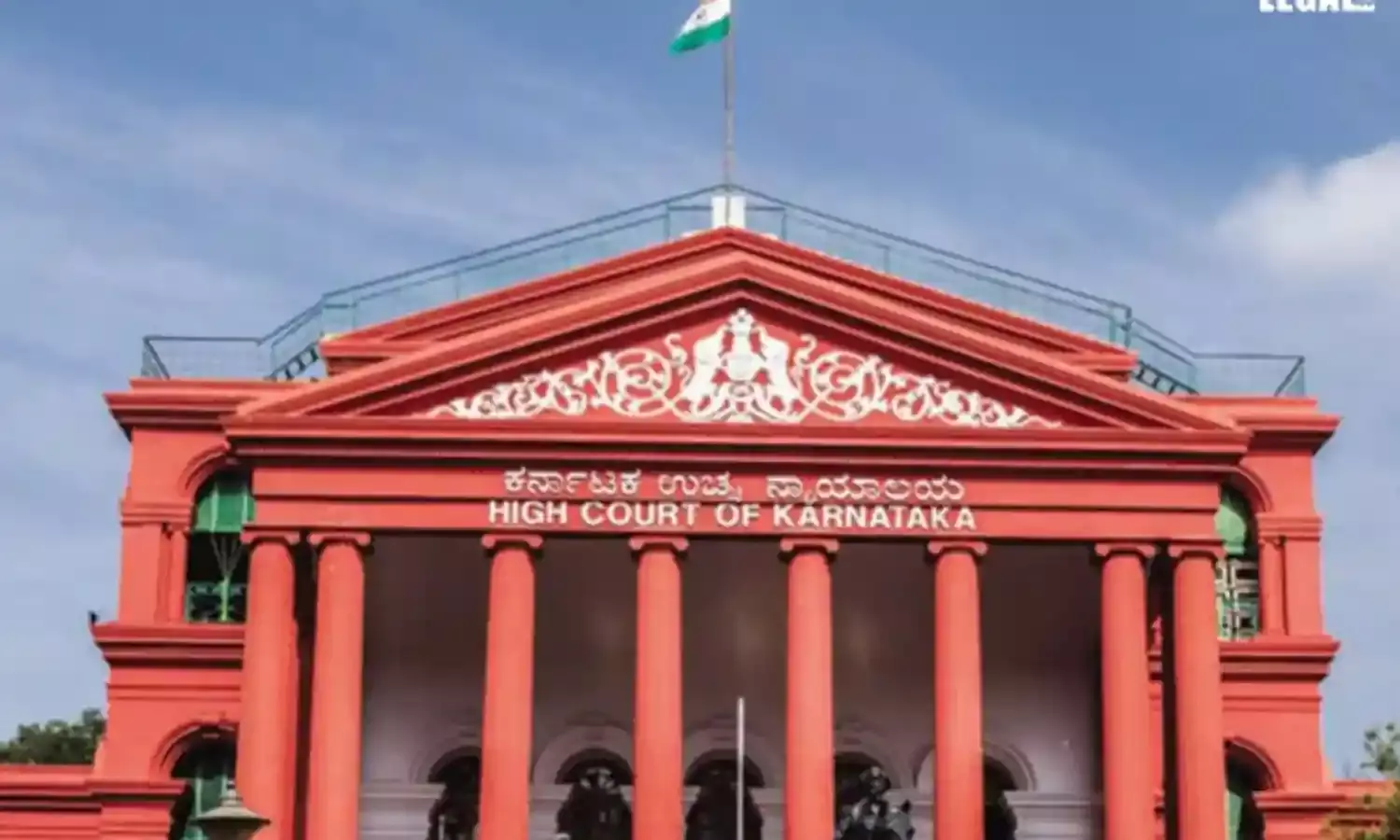Karnataka High Court Slams BDA's Denial of TDR Certificates During Land Acquisition for Public Projects
Justice Krishna S Dixit of the Karnataka High Court has criticised the Bangalore Development Authority (BDA) for failing;

Karnataka High Court Slams BDA's Denial of TDR Certificates During Land Acquisition for Public Projects
Justice Krishna S Dixit of the Karnataka High Court has criticised the Bangalore Development Authority (BDA) for failing to issue Transferable Development Rights (TDR) certificates to landowners as promised while acquiring their land for public use. The Court underlined that the Indian Constitution is based on human values, and the state and its agencies should adopt a compassionate approach to address the socio-economic needs of citizens.
The Court noted that upon examining the order in question, it appeared to be written with a mindset reminiscent of the Draftsmen of the East India Company from a bygone era, rather than someone whose heart was in the right place.
The petitioners' lands were acquired for road widening in Marenahalli with the promise of receiving TDR certificates in exchange. The petitioners gave up their lands and applied for the certificates as per the rules, but the BDA denied them through an order issued on March 17, 2022. As a result, the petitioners approached the court seeking relief.
The petitioners' counsel presented his argument that the BDA's order went against Section 14B of the Karnataka Town and Country Planning Act. He pointed out that the petitioners were given individual Hakku Patras (claim letters), and the refusal to grant a TDR certificate was unjustified since the patras were surrendered without any compensation. Additionally, the counsel argued that the State's treatment of the petitioners was unfair, and its actions did not meet the expected standards of fairness.
Bruhat Bengaluru Mahanagara Palike (BBMP) and BDA, the respondents, argued that the issuance of TDR certificates is regulated by a statutory scheme, and unless the scheme's conditions are fully met, there can be no entitlement to TDR certificates. They asserted that the petitioners were not landowners and requested that the writ petition be dismissed.
Upon examination, the Court observed that the State government had granted authorisation to the BDA to issue the hakku patras. Therefore, it found the arguments presented by the BDA to be untenable.
The Court also emphasised that the constitutional right to property, as enshrined in Article 300A, is extended beyond ownership and encompassed a wider array of rights that pertain to property, including interests that fell short of ownership.
The Court expressed its opinion that the BDA had not provided sufficient justification for the denial of the TDR certificate to the petitioner. It noted that the denial of TDR would effectively mean that the petitioners are not entitled to compensation, despite having paid for the land title deed.
The Court further asserted that it would be unreasonable for the government to acquire private land for development projects without adhering to the established rules and then denying the provision of TDR.
As a result, the Court granted the petitions and invalidated the BDA's order of March 17, 2022, which overturned the BBMP's recommendation to grant TDR certificates to the petitioners.
In addition, the Court directed the BDA to issue TDR certificates to the petitioners and required them to provide a report to the Registrar General within three months verifying their compliance with the High Court's order. If the BDA fails to comply with the court order within the specified time, the BDA Commissioner will be liable to pay a fine of ₹1,000 per day to the petitioner.
Senior Advocate DL Jagadeesh and advocate Leela P represented the petitioners in the case. Additional Government Advocate Srinivasa Gowda represented the State. Advocate Chaithravati appeared for the BBMP, while Advocate BS Sachin represented the BDA.

